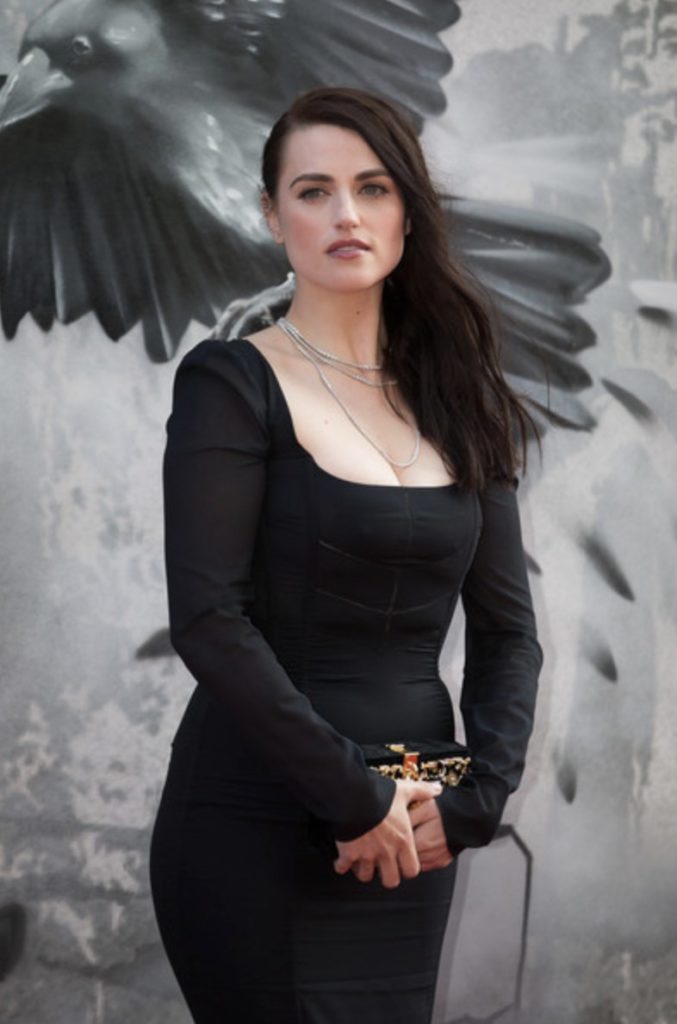

But these two are more than friends with benefits, they’re meant for each other: at last, Jondalar has found the woman who can accept every inch of his ”prodigious manhood” (that’s an actual quote), climax like an erupting volcano, and beg for more. Ayla saves Jondalar’s life after he gets a little too close to her housecat, and in return, he teaches her that men and women can have sex facing one another (thankfully, the Cro-Mags have figured out the whole clitoris thing - no wonder they outlasted the Neanderthals). Of course, as far as she knows, he is the only man in the world - at least the only man who can stand fully upright. Not only is she totally self-sufficient, even commanding the beasts of the earth, but she makes him feel like he’s the only man in the world. When he meets Ayla, a hot blonde living all by herself with a horse and a lion, he thinks he may have found the Mother Goddess herself. Jondalar is the total package - talented, kind, gorgeous, and spectacularly well-endowed - but he just hasn’t been able to find the right woman. The narrative switches back and forth between them as he journeys across the Pleistocene steppe, stopping here and there to make sweet, sweet love to a few lucky ladies, while she leads a solitary life in her lonely, um, valley. The joyless sex scenes of Clan of the Cave Bear are more than made up for in Valley of Horses, in which Ayla meets her soul mate, Jondalar, a sensitive maker of, um, tools. What more could a Paleolithic girl want? Oh, of course - a dude with a giant prick. She’s got it all - a cozy cave with all the most up-to-date technology, loads of property, and no noisy neighbors. In the second book of the series, The Valley of Horses, she survives on her own after being cast out by the Clan (and forced to leave her son behind), domesticating not only the world’s first pet horse, but also a lion cub. Ayla not only challenges her ”Clan’s” worldview by learning (gasp!) to hunt and by giving birth to a half-Cro-Magnon, half-Neanderthal child (there is evidence that this may have occurred in real life), she also manages to invent an impressive array of really useful things, including horseback riding and surgical sutures. Thus Ayla is simultaneously a non-threatening traditional heroine, worthy of love and sympathy because she’s just so durn pretty, and a feminist superwoman, striving to express her authentic self in a society that fears change. Ayla doesn’t get it, but has to get with the program or be ostracized.Īuel’s choice of protagonist is a stroke of genius: it allows her to craft a classic ”outsider” narrative around a character who falls squarely within the parameters of the American beauty paradigm. For women, these memories are supposed to include knowledge about childrearing, preparing food, and having doggy-style sex with whichever man indicates his interest (foreplay and the missionary position have, apparently, not yet been discovered). She is also at a disadvantage in the Neanderthal world for having actual intelligence - the ability to learn through observation and practice - as opposed to inborn ”memories” that tell her what to do.
Ayla clan of the cave bear movie#
In an irony reminiscent of The Twilight Zone’s ”Eye of the Beholder” episode, the girl, called Ayla, is mocked and pitied by many in her adoptive tribe for being freakishly tall and fair-haired - in other words, for looking like Daryl Hannah, who played the role in the (boring) movie version. The books, beginning with 1980’s The Clan of the Cave Bear, take place between the Ice Ages, focusing on a Cro-Magnon orphan who is adopted by Neanderthals - no, I don’t mean Tucker Max and friends, I mean the early humans with the low foreheads and chimp-like posture. I wouldn’t recommend using Auel’s novels as your main source for information about the descent of man - stick with Darwin for that - but she sure does make prehistory seem awesome.
Ayla clan of the cave bear series#
Her ”Earth’s Children” series may single-handedly have convinced millions of poorly educated Americans that the theory of evolution is not some kind of sick joke, but actually makes more sense than anything else that’s been suggested. So what kind of thing breaks through my aversion to scientific facts? Certain songs recorded by They Might Be Giants (see ”Mammal” and ”The Sun is a Mass of Incandescent Gas”) and certain bestselling books written by Jean M. You get the point - I can’t be bothered to learn how the universe works. In fact, I managed to flunk Intro Bio in my freshman year of college, when in order to pass I would only have had to score an average of 50 on each of four tests.

I have been a freak for literature, theater, and history almost since birth, but anything involving biology has been a rocky road. If a novel gets me interested in science, it’s got to be something really special.


 0 kommentar(er)
0 kommentar(er)
